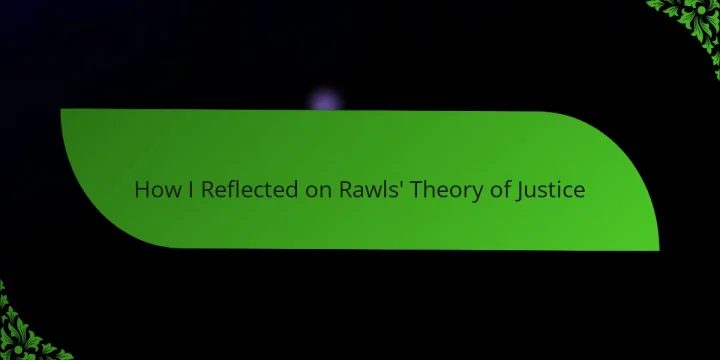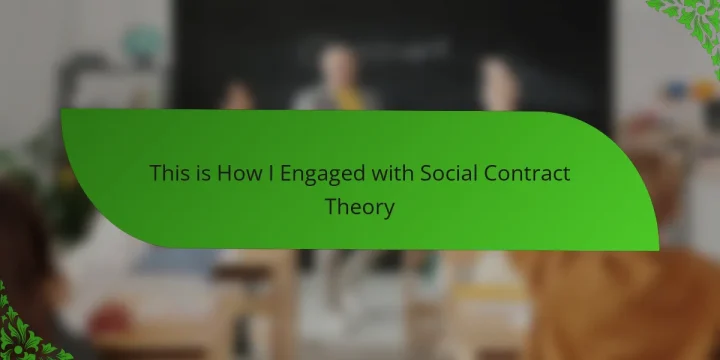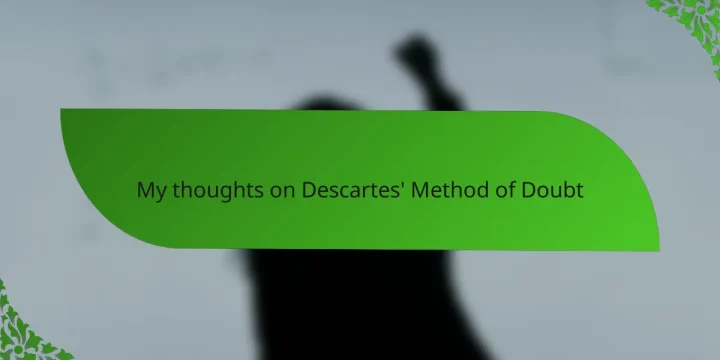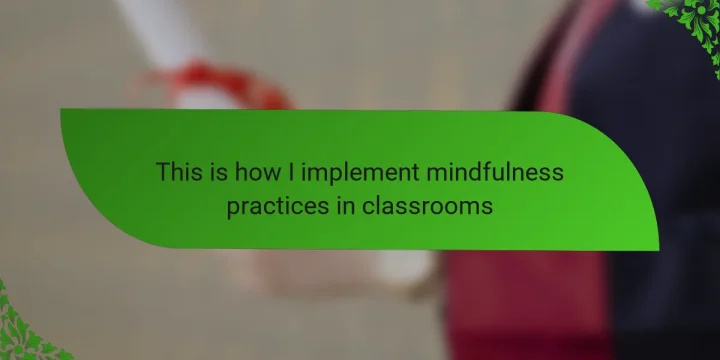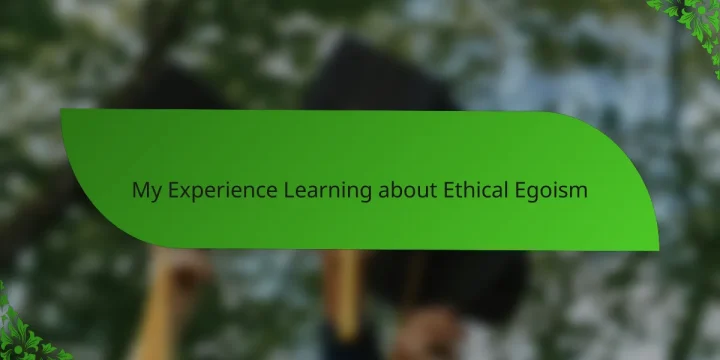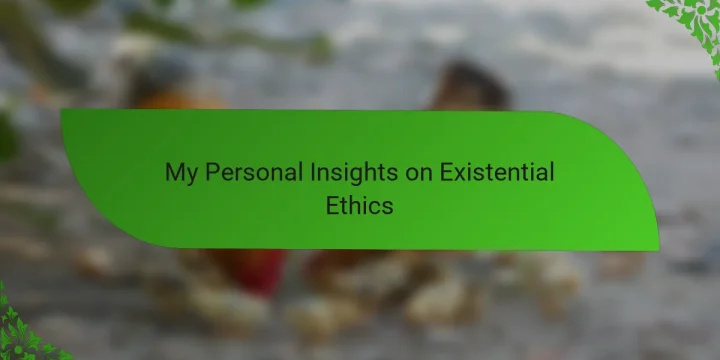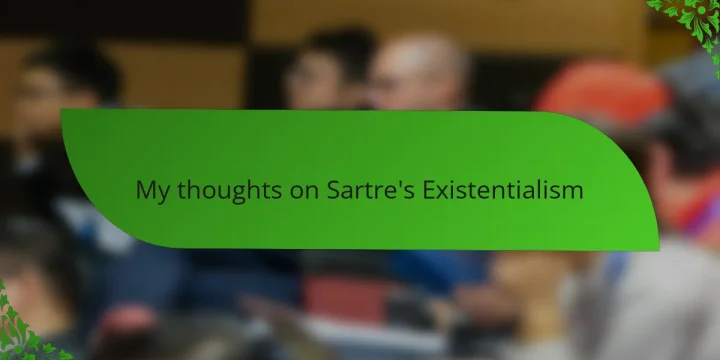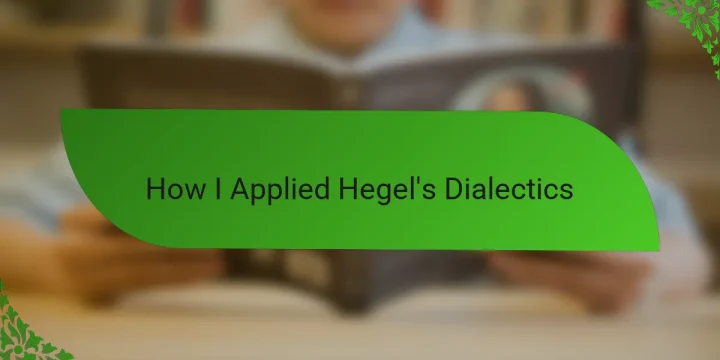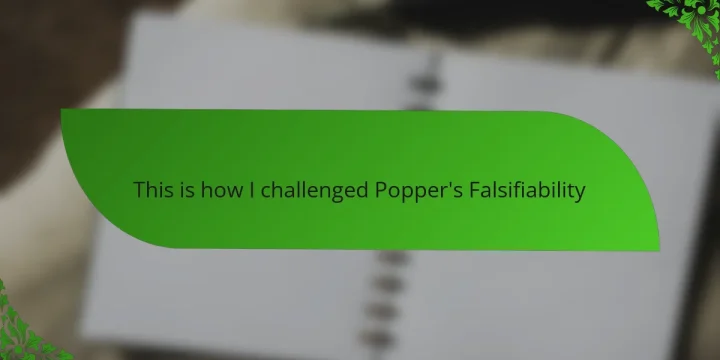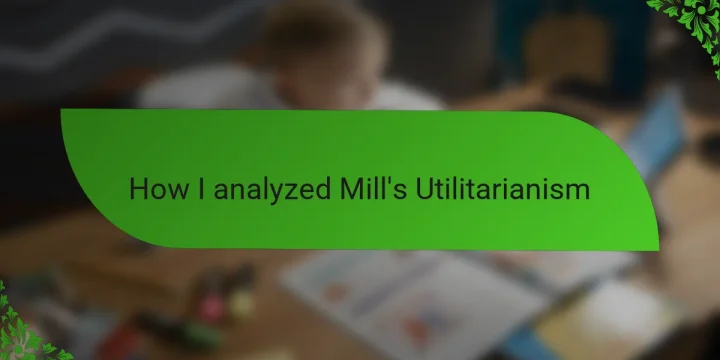
Welcome to Rachel McKinnon Philosophy Education
At Rachel McKinnon, we believe that philosophy is more than just a subject; it's a way of thinking that empowers individuals to question, analyze, and engage with the world around them. Whether you're a student, educator, or lifelong learner, our site is designed to inspire deeper understanding and curiosity about the fundamental questions of existence, knowledge, and ethics.
Join us on a journey where complex ideas are made accessible and discussions are encouraged. With a commitment to fostering critical thinking and philosophical inquiry, we invite you to explore our range of resources tailored for every level of experience. Here, you will find a welcoming community that values thought-provoking dialogue and the transformative power of philosophical education.
Explore Key Features
- In-depth articles on various philosophical concepts
- Engaging online courses and workshops
- Resources for educators and students alike
- A vibrant forum for discussions and debates
- Curated reading lists to broaden your philosophical horizons

